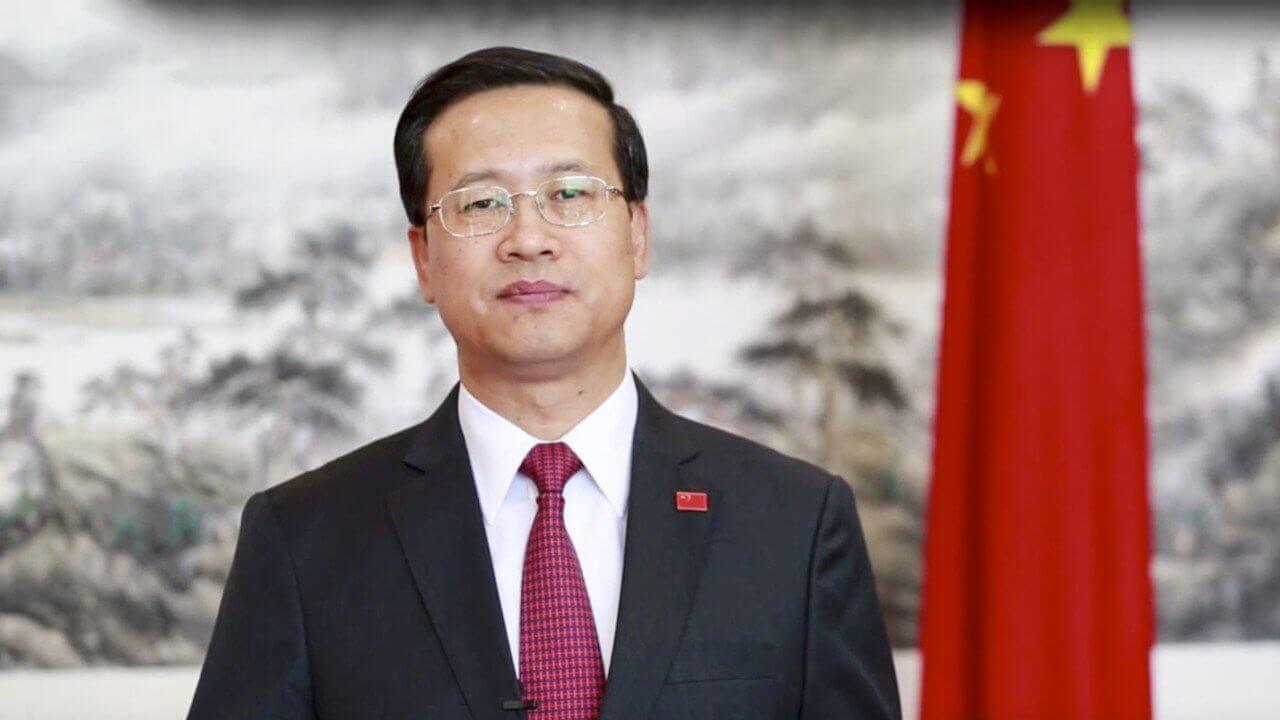The Chinese government now appears reluctant to offer the debt relief it had initially promised in early June. Just last week, Zambian President Edgar Lungu asked his Chinese counterpart Xi Jinping for “debt relief and cancellation” over a phone call. However, China has made no commitment or comment on Zambia’s request.
At the G-20 summit in April, member countries launched a Debt Service Suspension Initiative (DSSI) until the end of 2020 due to the economic damage wrought by the coronavirus pandemic, particularly on developing countries.
In June, Chinese Vice Foreign Minister Ma Zhaoxu announced the suspension of debt repayments for 77 low-income and developing countries, signaling China’s commitment to the G-20 debt relief program that was agreed to in April.
The Chinese government is yet to publicly clarify details on the suspension of debt repayment, including which 77 countries it is referring to, the amount of relief, or the terms and conditions of the suspension. However, given that it is now dithering on these promises, it appears that it is unwilling to meet its earlier promises.
China has expanded its reach across the African continent and is the biggest creditor to the region, having loaned upwards of $160 billion to African countries. Most of this has gone towards infrastructure projects; however, the money has been loaned at high-interest rates, which forcefully increases and extends Africa’s dependence on China.
Accordingly, China has come under increasing scrutiny over the last few years for practicing what critics call ‘debt-trap diplomacy’, wherein its Belt and Road Initiative (BRI) has arguably compromised the sovereignty of low-income countries. For instance, Djibouti’s debt-to-GDP ratio rose from 50% to 85% after Chinese investment in 2014. In fact, it is estimated that around 20% of African government debt is owed to China; this figure rises to 44% in Zambia.
China’s decision to apparently walk back on its offer of debt relief is hardly surprising. As far back as April. a spokesperson for the Chinese Ministry of Foreign Affairs, Zhao Lijian, referred to the ‘complexity’ of Africa’s debt situation, which he said made it difficult to offer debt relief or cancellation. He merely said that China was “willing to study the possibility of it with the international community”. However, this contravenes the spirit of forgiveness that was agreed upon by the G-20 in April.
It is likely that Beijing will only offer debt repayment, loan repayment restructuring, and changing debt for equity. This, however, does not ease the pressure of the Chinese stranglehold on the African continent or mitigate the economic damage wrought by the coronavirus pandemic.
This heavily asymmetrical relationship and burgeoning disharmony in Africa-China ties has prompted actors like the United States (US) to step in, assuming the role of a benevolent alternative to China’s predatory lending practices.
For instance, in May, US Secretary of State Mike Pompeo led calls for the US and the G-20 to annul or suspend African debt, and even went as far as calling on China specifically to consider doing the same. Pompeo mentioned of the “enormous amount of debt that China has imposed on African countries” and positioned the US as diametrically opposed to indenturing Africa, highlighting how Washington has spent close to $60 billion on public health in Africa over the last two decades.
During the current coronavirus pandemic, the US has pledged a further $170 million in medical aid to Africa, which will go towards “refurbishing hospitals and training medics in Ghana, Nigeria, Senegal, Uganda, Sierra Leone, Mauritania, and Ethiopia”. In fact, under the Trump administration, the US government has sought to claw back its influence in Africa through the launch of the 2018 BUILD (Better Utilizing Investments to Leverage Development) Act, which created the International Development Finance Corporation (DFC), and the reignition of the US Export-Import Bank.
China appeared to have clawed some of the goodwill that was escaping its grasp when it publicly announced debt relief for 77 countries in June. However, given that it is now reticent to make good on those promises, it may have simply pushed those countries further into the arms of the US.
China Now Reluctant to Offer the Debt Relief It Had Earlier Promised to African Countries
In June, China announced the suspension of debt repayments for 77 countries.
July 28, 2020

Chinese Vice Foreign Minister Ma Zhaoxu SOURCE: Handout
